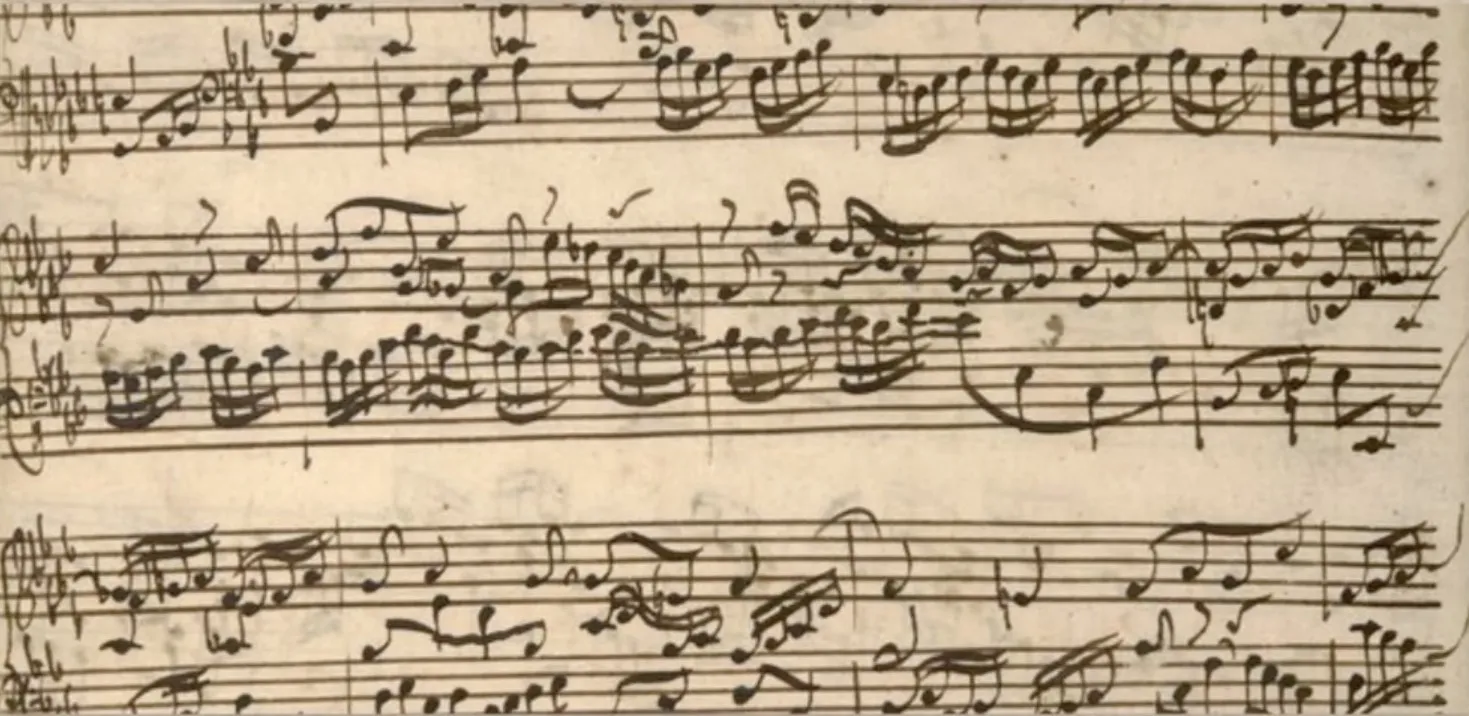Felix Mendelssohn: A Musical Genius
When discussing the musical prowess of Felix Mendelssohn, it is important to acknowledge his remarkable talent and contributions to the world of music. Known for his prodigious abilities as a composer, conductor, and pianist, Mendelssohn’s impact on classical music cannot be overstated.
Mendelssohn’s compositions exhibit a level of technical mastery and emotional depth that continue to captivate audiences today. From his enchanting violin concerto to his evocative symphonies, each piece showcases his innate ability to craft melodic lines that resonate with listeners. His works are often characterized by their lyrical beauty, intricate harmonies, and exquisite attention to detail.
As we delve into the question of whether Felix Mendelssohn passed off his sister Fanny’s music as his own, it is crucial to consider the historical context in which they lived. During their time, societal norms dictated that women were discouraged from pursuing careers in composition or public performance.
There have been speculations that Felix may have taken credit for some of Fanny’s compositions in order to navigate these societal constraints. While there are instances where Felix arranged and published some of Fanny’s works under his name, it is unclear if this was done with her consent or solely due to external pressures.

The Life of Fanny Mendelssohn
Fanny Mendelssohn, the older sister of Felix Mendelssohn, was an incredibly talented composer in her own right. However, during her lifetime, she faced numerous challenges and restrictions due to societal expectations and gender norms.
Fanny demonstrated a remarkable aptitude for music from a young age. Under the guidance of her mother and private tutors, she received extensive training in piano and composition. Her compositions were highly regarded by family and close friends who recognized her exceptional talent.
Despite her undeniable musical prowess, Fanny’s opportunities for public recognition were limited. In the 19th century, it was considered socially unacceptable for women to pursue careers as composers or performers. As a result, many of Fanny’s works remained unpublished or attributed to Felix.
There is ongoing debate among scholars regarding whether Felix intentionally passed off some of Fanny’s music as his own. Some argue that he may have done so to protect her reputation from potential criticism or judgment that could arise from being a female composer. Others suggest that it was simply common practice at the time for male composers to overshadow their female counterparts.
Regardless of the circumstances surrounding authorship attribution, there is no denying Fanny’s immense talent and contribution to classical music. Her compositions exhibit great depth and emotional complexity, showcasing her unique artistic voice.
Did Felix Mendelssohn Pass His Sister Fanny’s Music Off as His Own
When it comes to the question of whether Felix Mendelssohn passed his sister Fanny’s music off as his own, there are differing opinions among scholars and music enthusiasts. While some allegations suggest that Felix did indeed take credit for his sister’s compositions, others argue that this claim lacks substantial evidence. Let’s delve into this topic and explore the arguments on both sides.
- Lack of Concrete Evidence: One crucial aspect to consider is the absence of concrete evidence supporting the allegation that Felix Mendelssohn plagiarized Fanny’s work. Music historians have scrutinized their compositions extensively, but definitive proof remains elusive.
- Cultural Norms and Gender Bias: During the 19th century, societal norms often restricted women from pursuing careers in composition and performance compared to their male counterparts. It is important to acknowledge that Fanny faced numerous obstacles in gaining recognition for her musical talents due to prevailing gender biases.
- Collaborative Nature of Sibling Musicianship: Felix and Fanny enjoyed a close relationship as siblings with shared musical interests. As musicians, they frequently collaborated and exchanged ideas, which makes it difficult to draw clear boundaries between their respective contributions.
While allegations persist regarding whether Felix Mendelssohn passed off his sister Fanny’s music as his own, the evidence supporting these claims remains inconclusive. The lack of concrete proof, societal norms and gender bias, the collaborative nature of sibling musicianship, and the complexity of musical influence all contribute to the perplexity surrounding this topic.





